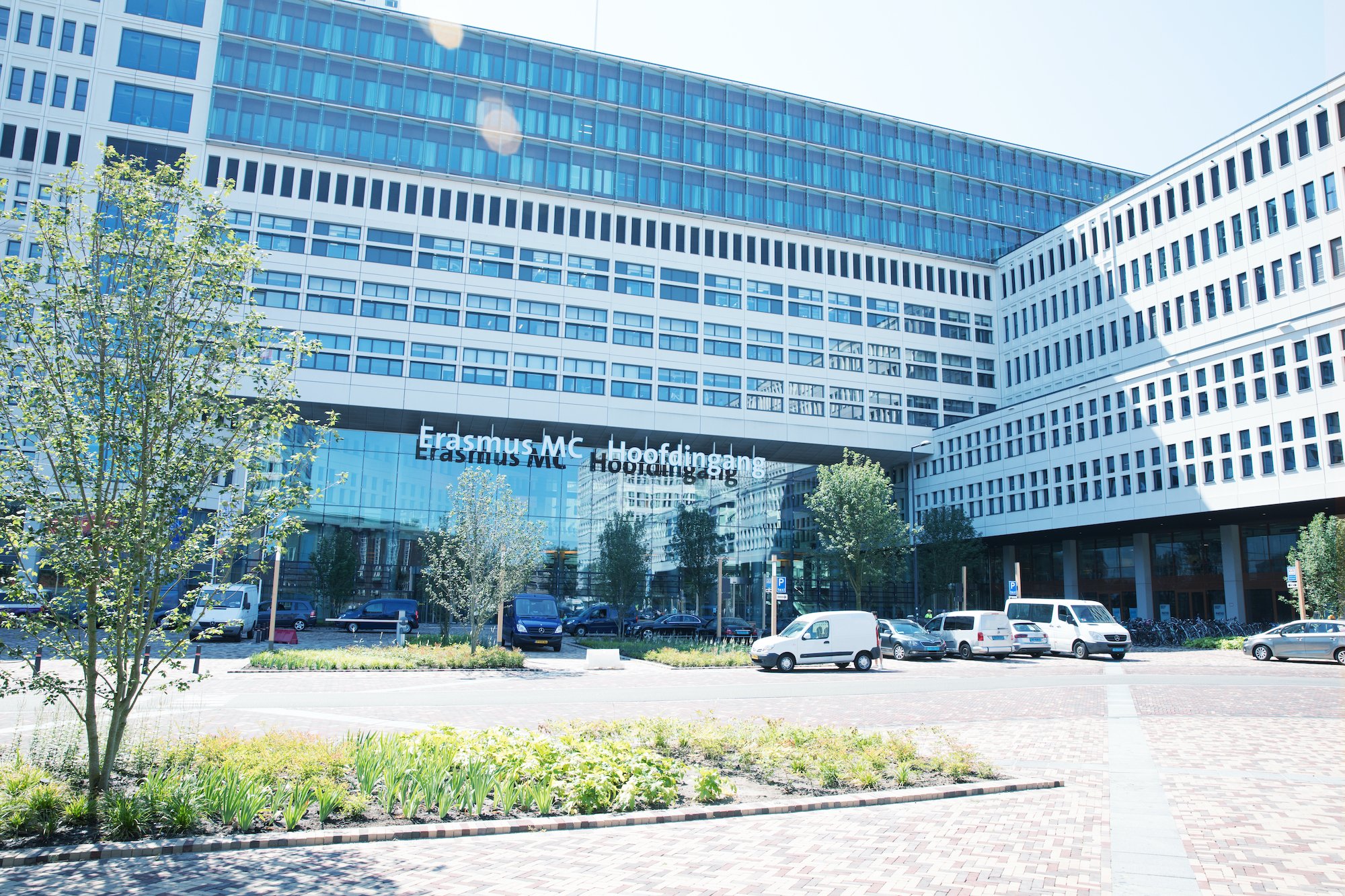PhD student in decision making with causal inference
PhD student in decision making with causal inference
You cannot apply for this job anymore (deadline was 18 Jul 2022).
Browse the current job offers or choose an item in the top navigation above.
Job description
How should we make decisions using the best scientific evidence? To predict the impact of a decision, we often have to combine information from many different sources into one decision model. Although we would like to be certain about our decision, it is nonetheless critical that we acknowledge uncertainty in these model inputs. Historically, decision science has been very good at acknowledging uncertainty due to random error but less emphasis has been placed on uncertainty due to potential sources of bias (e.g. confounding, selection bias, information bias). Within the causal inference literature, however, there exist a variety of causal bias analyses that can carefully model bias using external information or tell you what kind of bias might lead a decision maker to change their mind. These methods can better account for uncertainty due to these biases yet they have not yet been incorporated into decision models.
We're looking for a candidate with either a background in causal inference or is eager to learn about it. This project will use causal inference and bias analysis in combination with decision models to better acknowledge the role of bias in decision making. The candidate will learn and apply causal inference theory and methods to decision-making models as well as conduct analyses to demonstrate how these applications work in practice. There will be some flexibility in the topic of the decision models themselves (whether to apply the models to, for example, cancer epidemiology, clinical epidemiology, public health intervetions, etc.) as long as the topic is appropriate to the analyses being proposed. The candidate will be a part of the Causal Inference Group where they will present their work internally, but will also attend conferences and publish in international scientific journals.
The candidate should have a Masters Degree in a quantitative field (e.g. Epidemiology, Economics). Previous experience or a background in epidemiology and/or causal inference will be a strength but not a necessity. For those without a background in epidemiology, a Masters degree in Epidemiology at the NIHES in Rotterdam is part of the training.
We're looking for a candidate with either a background in causal inference or is eager to learn about it. This project will use causal inference and bias analysis in combination with decision models to better acknowledge the role of bias in decision making. The candidate will learn and apply causal inference theory and methods to decision-making models as well as conduct analyses to demonstrate how these applications work in practice. There will be some flexibility in the topic of the decision models themselves (whether to apply the models to, for example, cancer epidemiology, clinical epidemiology, public health intervetions, etc.) as long as the topic is appropriate to the analyses being proposed. The candidate will be a part of the Causal Inference Group where they will present their work internally, but will also attend conferences and publish in international scientific journals.
The candidate should have a Masters Degree in a quantitative field (e.g. Epidemiology, Economics). Previous experience or a background in epidemiology and/or causal inference will be a strength but not a necessity. For those without a background in epidemiology, a Masters degree in Epidemiology at the NIHES in Rotterdam is part of the training.
Specifications
- max. 36 hours per week
- €2986—€4707 per month
- Rotterdam View on Google Maps
Requirements
- Applicants should have a Master of Science degree with a background in Epidemiology, Medicine, Statistics, Health Sciences or some other quantitative field.
- It is important that the applicant is able to work well both independently and within a team and has a good command of English.
- Previous experience with causal inference and/or statistics is a strength but is not required.
Conditions of employment
- You will receive a temporary position for 4 years. The gross monthly salary is € 2.570,- in the 1st year and increases to € 3.271,- in the 4th year (scale OIO). In case of a Dutch Medical Degree the gross monthly salary amounts to a maximum of € 4.707,- (scale 10), depending on your level of education and relevant experience, based on a full-time working week of 36 hours.
- Excellent fringe benefits, such as a 13th month that is already paid out in November and an individual travel expense package.
- Pension insurance with ABP, we take care of approximately 2/3 of the monthly contribution.
- Special benefits, such as an incompany physiotherapist and bicycle repairer. There is also a gym where you can work on your fitness after work.
Employer
Erasmus MC
As part of the Department of Epidemiology, you'll be surrounded by world-class researchers on a wide range of topics in epidemiology. You will also be part of the Causal Inference Group within the department which is a small but dynamic group, led by Dr. Jeremy Labrecque, which uses causal inference and develops methods to improve epidemiologic studies and health-related research. The group is focused on using creative thinking combined with critical thought to come up with better ways of using data to answer causal questions.Specifications
- PhD
- Health
- max. 36 hours per week
- €2986—€4707 per month
- University graduate
- 27.02.22.TG-P1007441-1
:fill(white)/logos/emc-en-wide.png)
